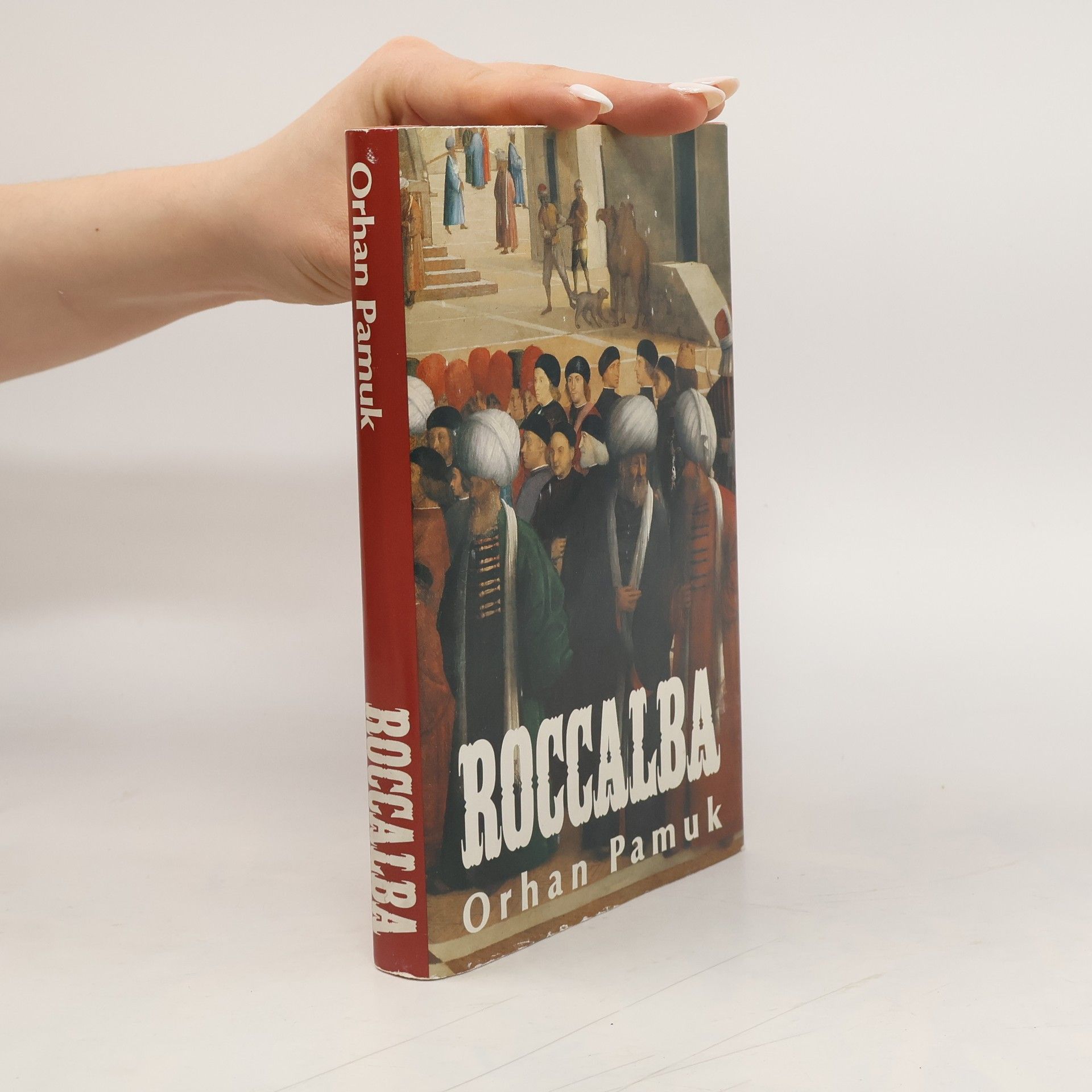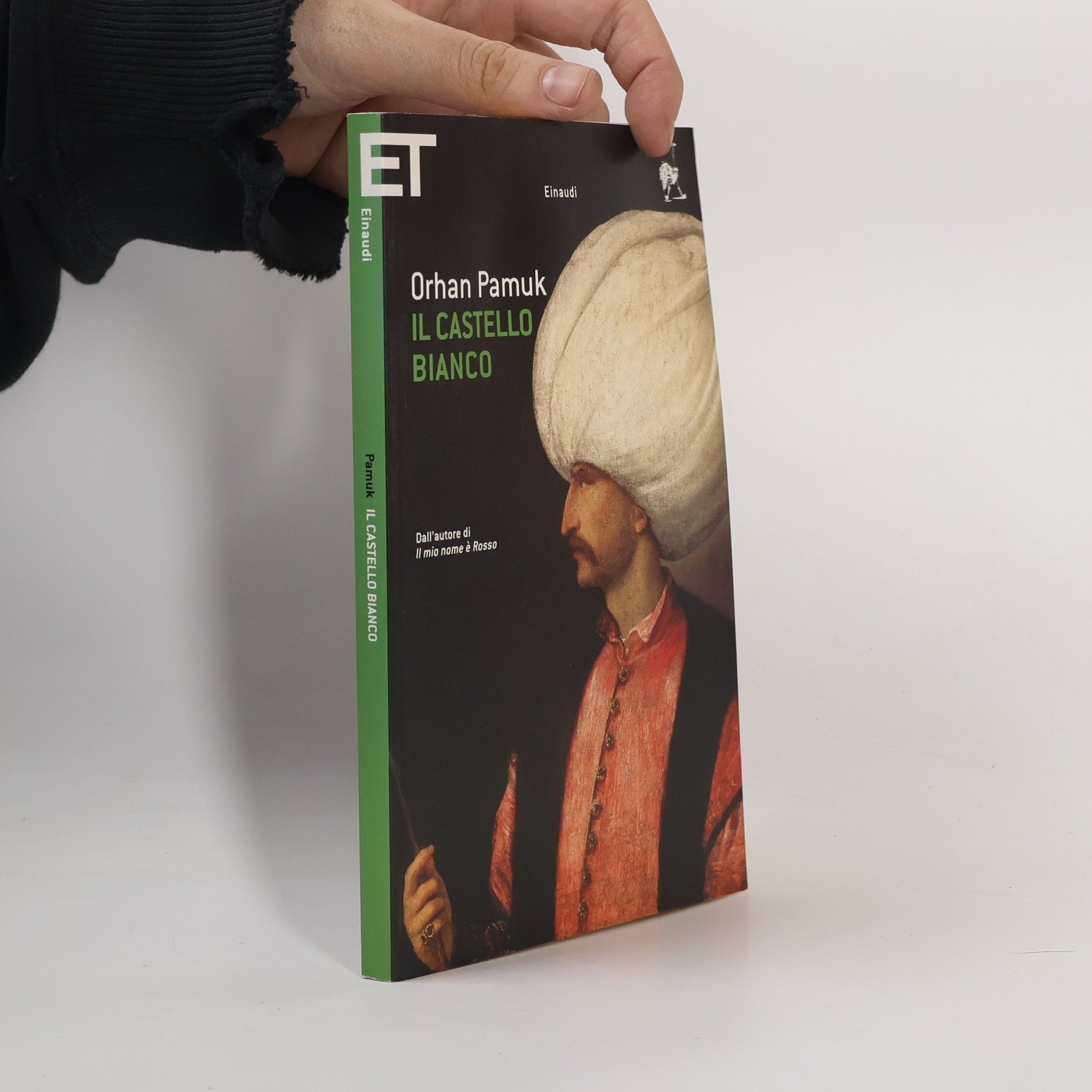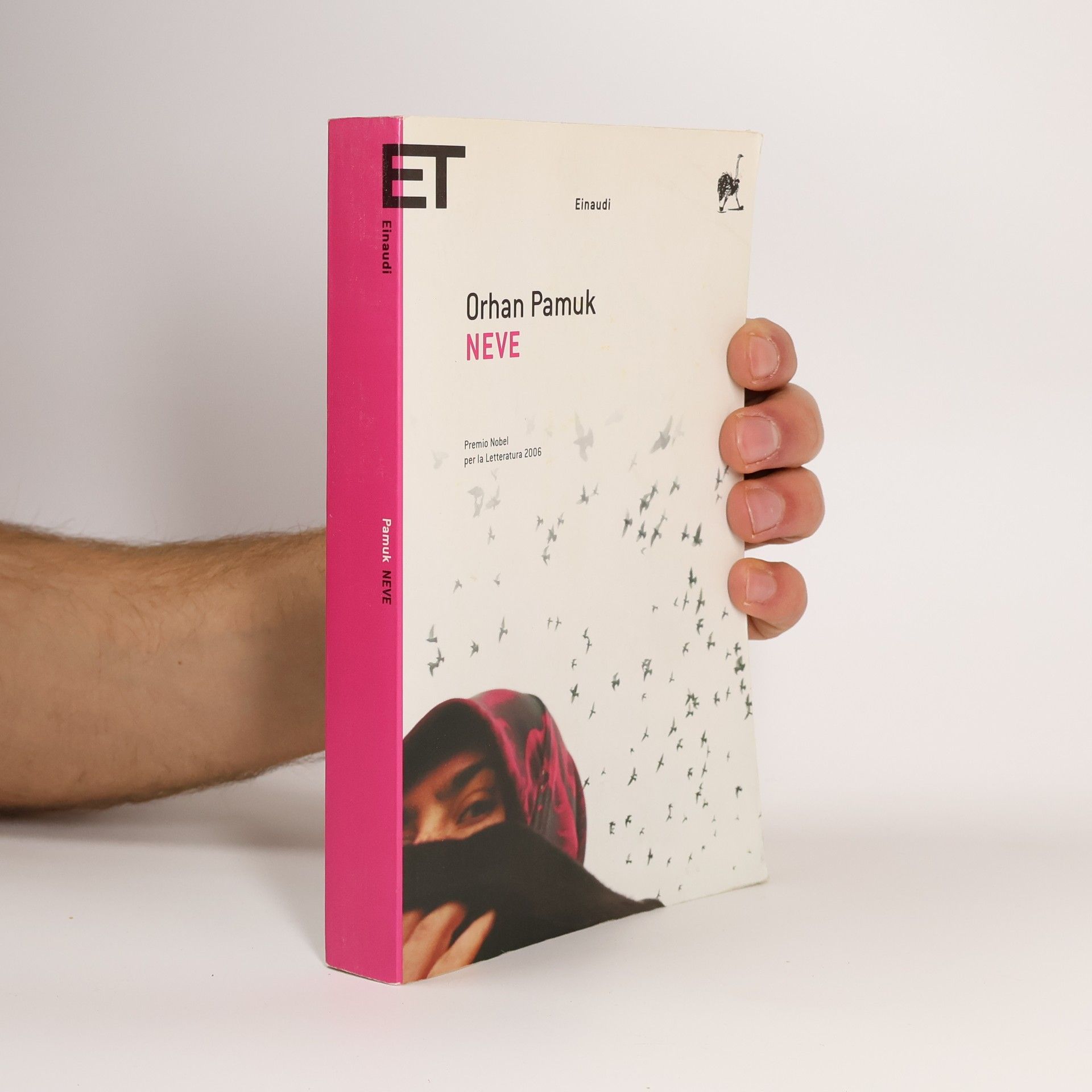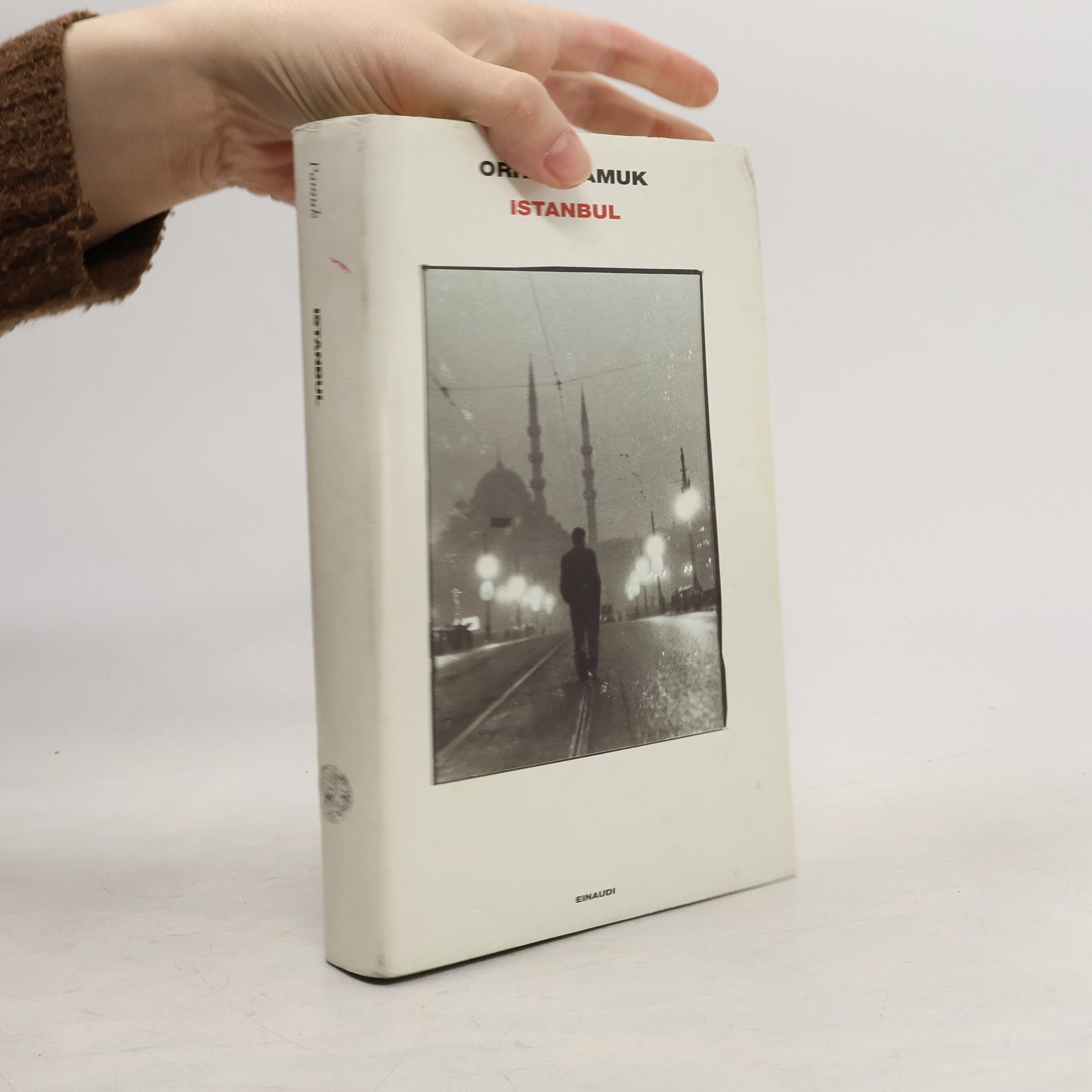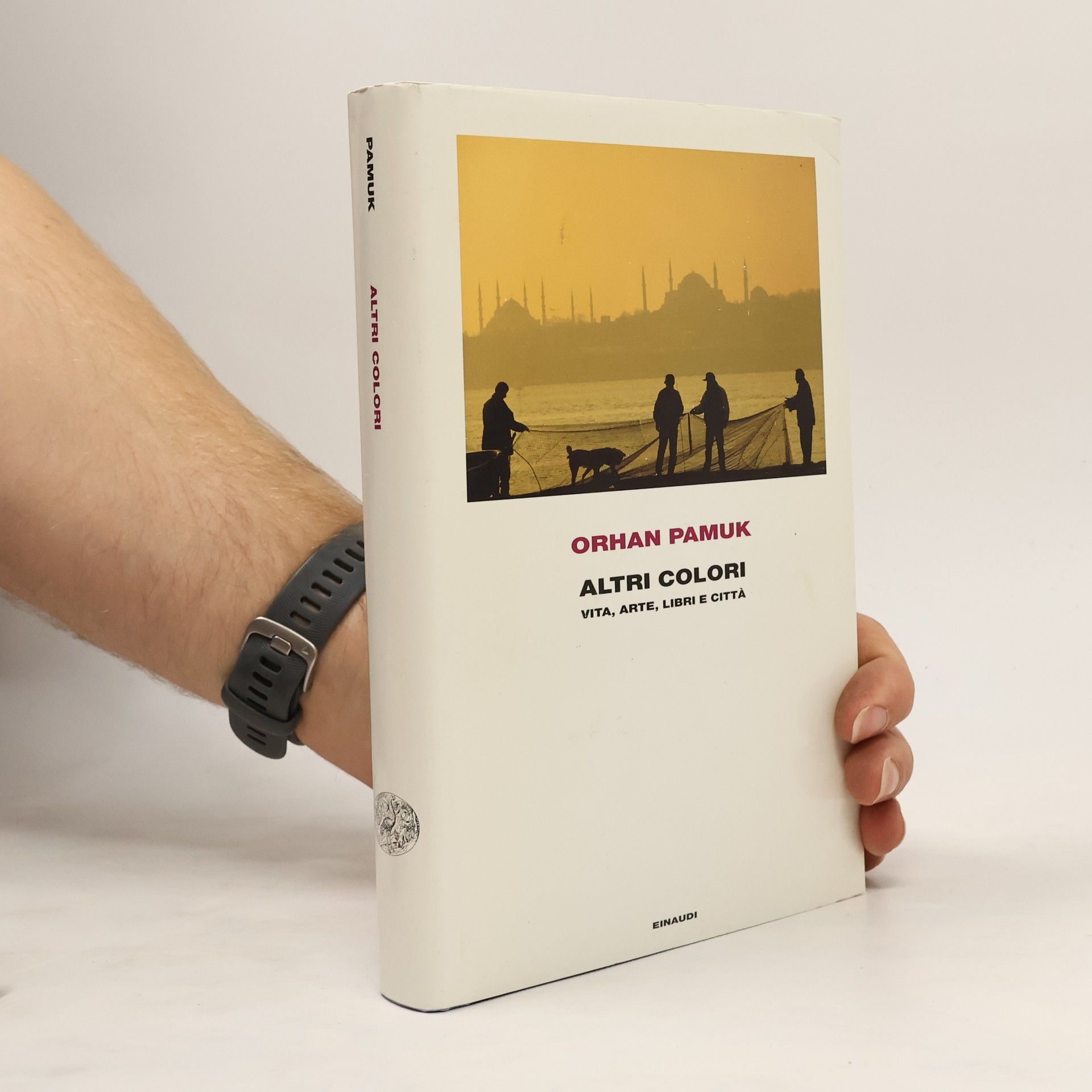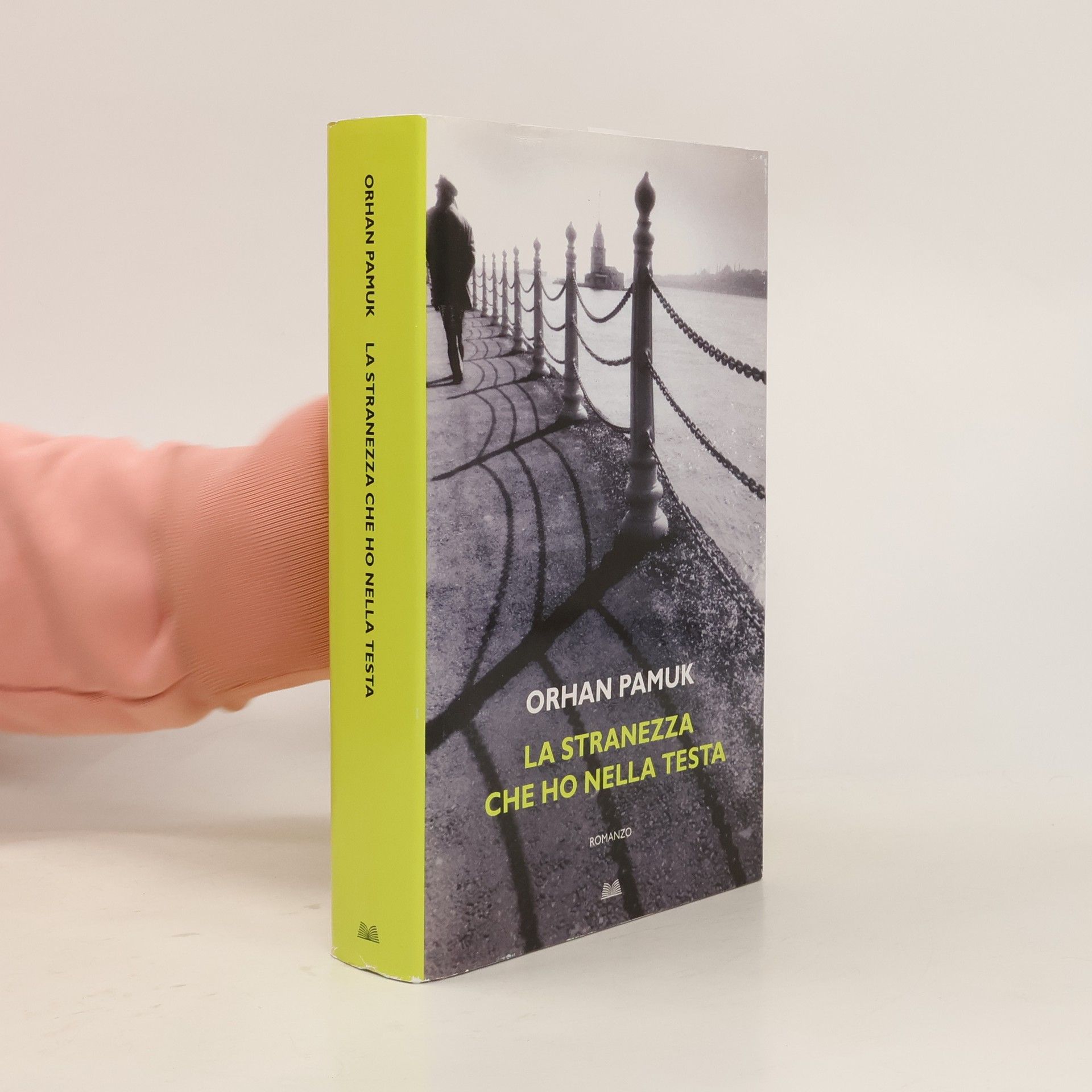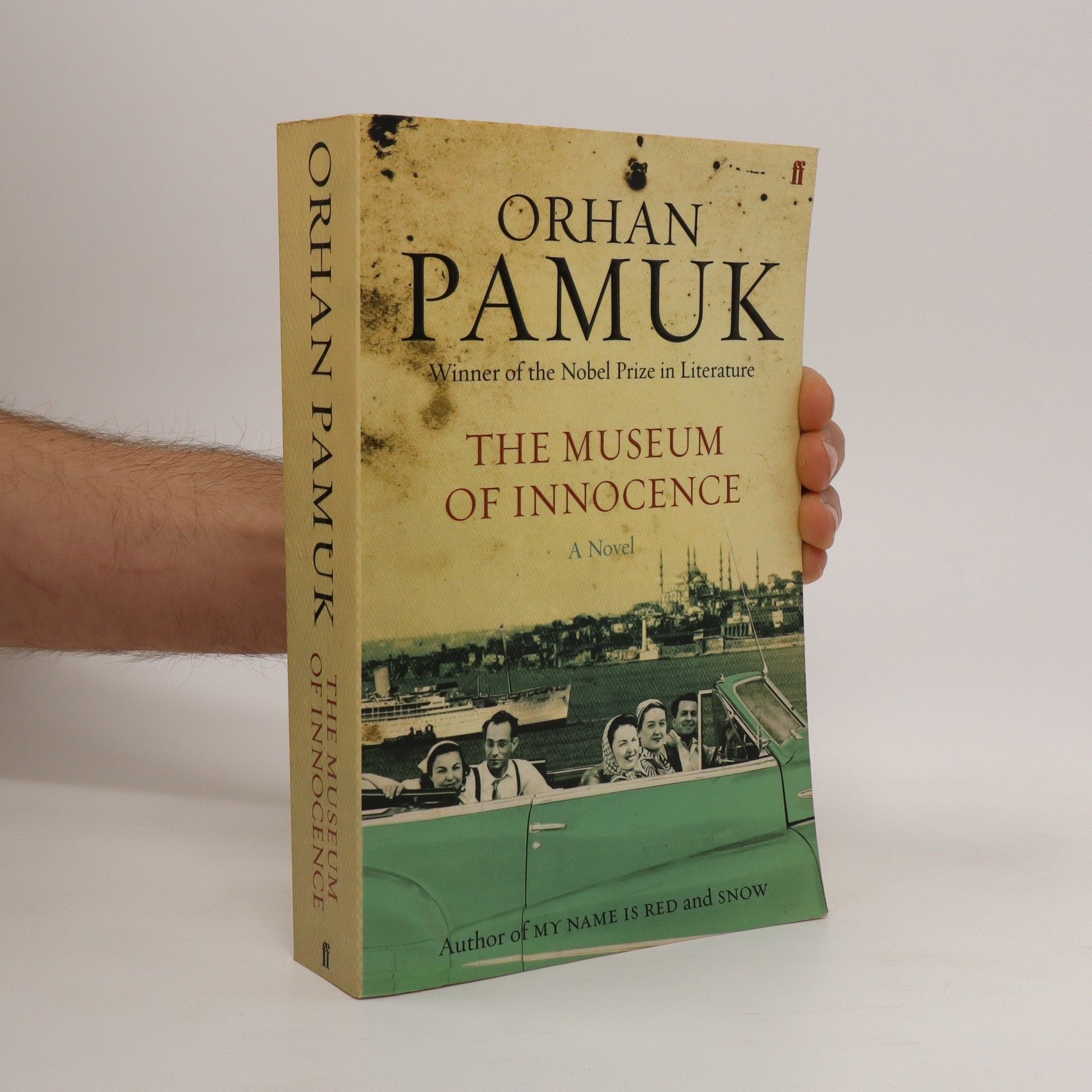Altri colori
- 523pagine
- 19 ore di lettura
Alla fine degli anni Novanta, un terremoto devastò Istanbul, causando oltre trentamila morti. Pamuk decise di esplorare la sua città per prestare soccorso alle vittime e osservare le conseguenze del sisma. Questo evento è solo l'ultimo di una serie di disastri che hanno colpito Istanbul nel corso dei secoli: incendi, assedi e invasioni hanno continuamente ridisegnato il volto della città. Camminando tra le macerie e osservando i palazzi distrutti, Pamuk vive l'angoscia di una possibile nuova scossa e fa una scoperta sorprendente: le diverse epoche e culture che hanno abitato Istanbul non si sono sostituite, ma si sovrappongono come strati geologici di rovine. Il romanziere si immerge in questo territorio complesso, opponendo alla devastazione del tempo e della storia il gesto riparatore della scrittura. Questo gesto è un movimento, quello di chi scende in strada e diventa testimone oculare, per poi tornare alla scrivania, armato solo della propria immaginazione. Pamuk esprime la necessità di rimanere solo a fantasticare, in una solitudine che è sia desiderata che subita, rivelando la sua fedeltà alla scrittura. Così, alla forza distruttrice del tempo e dell'umanità, lo scrittore oppone la potenza solitaria e necessaria della letteratura.

